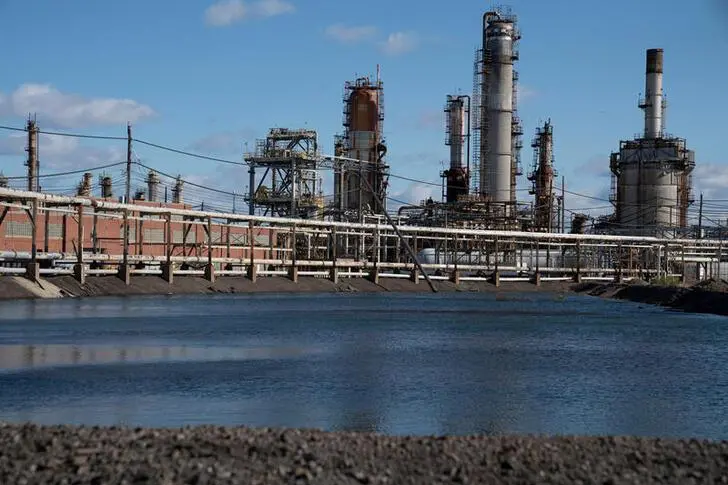PHOTO
Though global oil markets had anticipated an output increase from OPEC+, claiming the market can absorb 1 to 2 million additional barrels per day (bpd), OPEC+ took the market by surprise when it decided to roll over its quota, given the still-fragile global oil demand recovery. The move is not about OPEC+ protecting the current price levels that have exceeded the pre-pandemic levels, it is not about refusing to bring more oil production online, it is not about dismissing any concerns about inflation and market overheating. The current oil price levels
are not at astronomical high levels to add inflationary pressure to the global economy as it emerges from the pandemic. Many market participants were expecting that OPEC+ would restore as much as 1.5 million barrels a day of output in April. However, they were only looking at the tip of the iceberg, focusing on high fuel demand in India, depleting global inventories, the rollout of vaccine programs and the financial stimulus packages that helped to improve market sentiment.
Many analysts had not taken into account the fact that global oil inventories remain well above the five-year average. Or, most importantly, the upcoming spring refineries maintenance season in Asia during the second quarter will further dampen crude oil supply.
On top of that, there has been a massive drop in the US refinery utilization rate, which has seen oil inventories jump by 21.6 million barrels.
All these bearish developments make oil demand recovery uncertain in the short-term. Despite the fact that oil prices have rallied by about 30 percent since the start of 2021, OPEC+ producers are working tirelessly to drain the glut that built up during the pandemic last year.
• Faisal Faeq is an energy and oil marketing adviser. He was formerly with OPEC and Saudi Aramco. Twitter:@faisalfaeq
Copyright: Arab News © 2021 All rights reserved. Provided by SyndiGate Media Inc. (Syndigate.info).





















